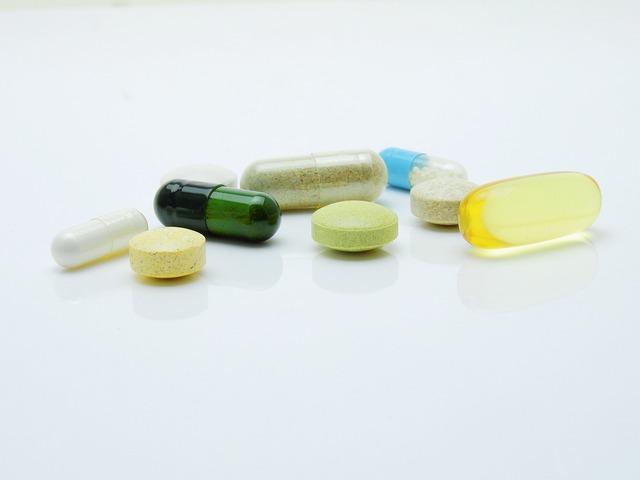There are literally thousands of drug interactions so I had my work cut out to try to narrow down the list to the top 10. In this post, I outline my list of the top 10 drug interactions. This is based on a combination of my experience, the frequency of the interaction, the severity of the interaction, and how often they show up on board exams.
#1 Warfarin and Bactrim
Taking the top spot on my list of top 10 drug interactions is warfarin and Bactrim. Bactrim (sulfamethoxazole/trimethoprim inhibits CYP2C9 which is a primary enzyme that the body uses to break down warfarin. By blocking this enzyme’s action, concentrations of warfarin will go up and the INR will rise with it.
#2 Amiodarone and Levofloxacin
QTc prolongation is a significant risk with amiodarone when used alone. If we add levofloxacin to amiodarone, that risk goes up further. Pay attention to risk factors for QTc prolongation, consider an alternative to levofloxacin, and monitor EKG as indicated.
#3 Phenytoin and Fluconazole
Fluconazole and phenytoin can cause numerous drug interactions. In a previous case scenario, I showed how fluconazole can significantly increase the concentrations of phenytoin and ultimately cause toxicity if not monitored appropriately.
#4 Ciprofloxacin and Calcium
Binding interactions are very common in practice. This is particularly true of some antibiotics like quinolone and tetracycline antibiotics. We risk lowering the absorption of ciprofloxacin when calcium is coadministered. This is something that I see nurses and caregivers miss all the time.
#5 NSAIDs and Warfarin (or any anticoagulant)
With the OTC availability of NSAIDs, patients on anticoagulants need to be constantly reminded that they should not be taking NSAIDs. It can significantly increase the risk of GI bleeding when coupled with an anticoagulant.
#6 PDE-5 Inhibitors and Nitrates
Profound hypotension can result when nitrates and PDE-5 inhibitors like sildenafil are taken too close to one another. Avoiding this combination is important. I talk about this interaction at length in my podcast on sildenafil.
#7 Benzodiazepines and Opioids
The boxed warning regarding the combination of benzodiazepines and opioids put this drug interaction on my list. You will likely see this combination in practice if you’ve worked clinically for a period of time but it still makes me a little nervous as it should. The combination significantly increases the risk of respiratory depression.
#8 Diphenhydramine (or other anticholinergics) and Donepezil
I can openly admit that I’m probably a little biased on this one since I primarily work with geriatric patients. There are significant numbers of dementia patients who take donepezil and who also have taken OTC anticholinergics like diphenhydramine for sleep. Diphenhydramine can counteract the benefits of donepezil and increase the risk for worsening confusion.
#9 Triple Whammy – ACE or ARB/Diuretics/NSAIDs
Renal failure risk can increase when we use numerous medications that can impact the kidney. ACE inhibitors, ARBs, diuretics, and NSAIDs are all very commonly used medications in practice and when used in combination with each other, the risk for renal failure rises. Ensure that we are minimizing dosages where possible and monitoring renal function closely.
#10 Citalopram and Omeprazole
I put this one on the list because these are two medications that I see on a daily basis. Omeprazole can raise the concentration of citalopram which is associated with QTc prolongation, particularly at higher dosages.
Honorable Mention – Top 10 Drug Interactions
Lithium, Rifampin, Carbamazepine, Valproic Acid
Looking for more information on drug interactions? I’ve put together a FREE 18-page PDF of the most common drug interactions that I’ve encountered in practice and on pharmacology/board exams throughout my career. This is a no-brainer if you haven’t taken advantage of this. Simply an email will get you access right here. You can also check out my book on Drug Interactions in Primary Care and Guide to Drug Food Interactions if you a looking for a deeper dive!
Eric Christianson, PharmD, BCPS, BCGP



0 Comments